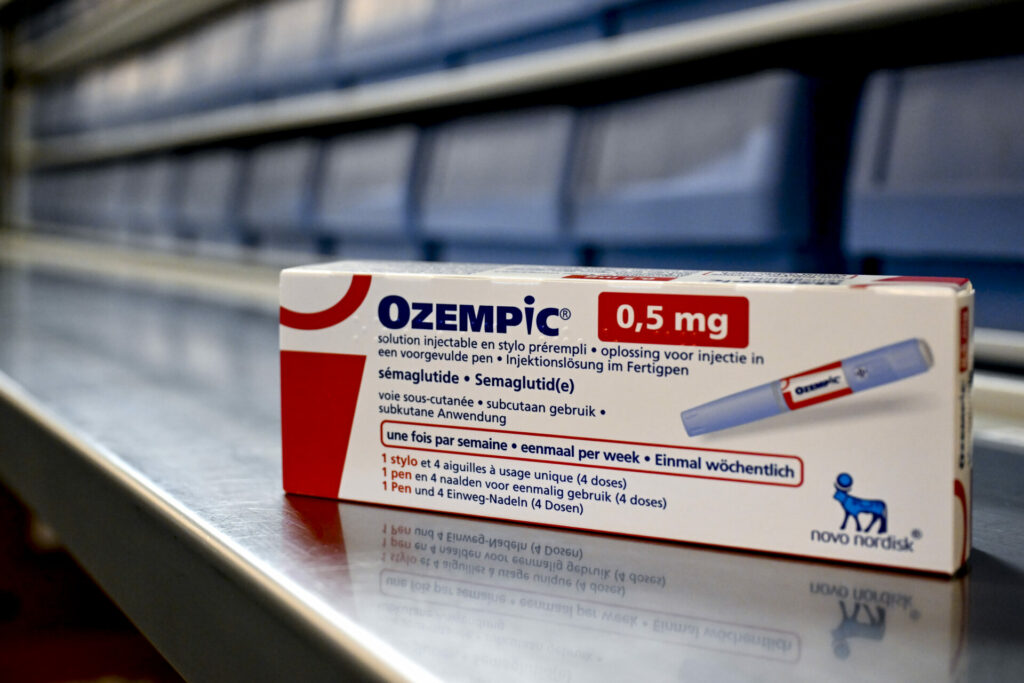There is no evidence of a link between taking diabetes medications like Ozempic and suicidal thoughts, according to a study by the European Medicines Agency (EMA). American scientists previously came to the same conclusion.
Last summer, the EMA launched an investigation into the link between the use of so-called 'GLP1 receptor agonists' and thoughts of suicide, after 150 reports of this in Iceland.
The best-known example of these GLP1 receptor agonists is Ozempic. Primarily, it is a medicine for diabetics: it lowers blood sugar levels and gives a feeling of satiety. As a result, the product has also gained popularity in recent years as a weight loss aid.
The EMA also investigated similar medicines, such as Saxenda, Wegovy and Rybelsus, but found "no evidence that there is a causal relationship between the use of GLP1 receptor agonists and suicidal ideation or self-harm."
Related News
- Diabetes drug Ozempic unavailable in Belgium until end of June
- 'Ozempic tourism': Belgians cross French and Dutch borders to buy diabetes drug
- EMA investigates weight-loss drugs Ozempic, Saxenda and Wegovy
The scientists' findings are in line with a preliminary assessment by the US Food and Drug Administration (FDA) earlier this year. The Americans also found no evidence of a causal relationship.
In fact, the same US study found that people taking semaglutide (the drug in Ozempic) had a lower risk of suicidal thoughts than those taking older drugs to treat diabetes and obesity.
However, it is not ruled out that there "could be a small risk" of a connection between the two: both authorities (the EMA and the FDA) indicate that they will continue to study the subject.
Do you need help?
Those in need of a listening ear or with any questions about suicide can contact the Suicide Line anonymously on the toll-free number 1813
02 648 40 14 in (English)
0800 32 123 (French)
www.zelfmoord1813.be (Dutch)

